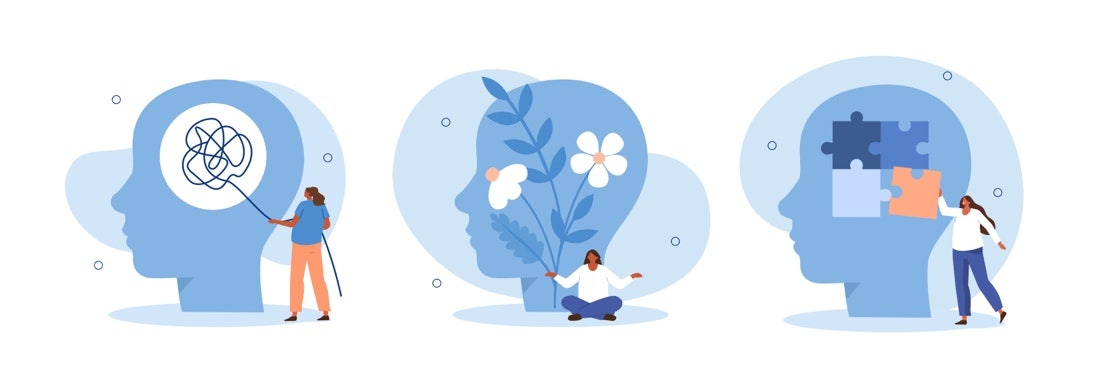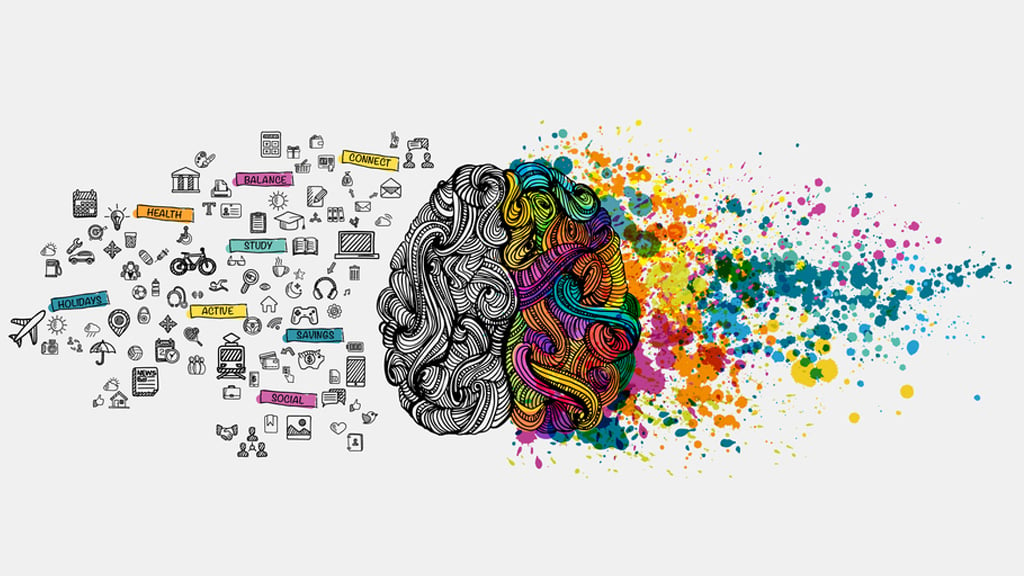Personalized Support Through Our Inpatient Mental Health Program
Personalized Support Through Our Inpatient Mental Health Program
Blog Article
Comprehensive Inpatient Mental Health Solutions for Effective Therapy
Inpatient mental health and wellness services stand for an important element of the healthcare system, providing a intensive and organized environment for people experiencing serious psychological distress. These services employ a multidisciplinary technique, incorporating different evidence-based treatments to resolve the complex demands of individuals. Nevertheless, the performance of such extensive treatment expands past instant stabilization; it also incorporates the shift to outpatient assistance, an essential phase typically ignored. Discovering the subtleties of this continuum discloses substantial effects for both private recuperation and broader mental wellness end results. What factors absolutely affect this shift, and how can we improve its efficiency?
Comprehending Inpatient Mental Wellness Services
Inpatient mental wellness services offer vital assistance for individuals experiencing serious mental distress that can not be managed properly in an outpatient setup. These solutions are designed to supply an intensive level of care in a structured atmosphere, usually within a health center or specialized facility. Individuals confessed to inpatient programs usually show severe signs and symptoms, such as self-destructive ideation, extreme clinical depression, or psychosis, requiring day-and-night surveillance and intervention.
The admission process generally includes a thorough assessment by mental wellness specialists, who evaluate the person's psychological state, background, and immediate demands. When confessed, people take part in a variety of healing modalities tailored to their particular requirements, including medication administration, private therapy, and group sessions. This alternative strategy intends to stabilize the person's condition, promote safety and security, and foster coping skills.
Inpatient psychological health solutions not just address immediate health and wellness issues but likewise function as a bridge to ongoing treatment. By supplying a controlled environment, these services facilitate the development of treatment strategies that can be proceeded in outpatient settings, hence ensuring a continuum of care and enhancing lasting outcomes for individuals with complex mental wellness demands.
Secret Components of Effective Therapy
Efficient therapy in inpatient psychological health and wellness services consists of numerous crucial elements that foster recovery and stabilization. First and leading, a detailed analysis is important to recognize the individual's specific needs and difficulties. This assessment notifies the advancement of a tailored therapy plan, which acts as a roadmap for treatment.
One more crucial component is the multidisciplinary team technique. Collaboration amongst psychiatrists, psycho therapists, nurses, and social workers makes sure that numerous point of views add to the patient's treatment, improving the efficiency of treatment. Evidence-based therapeutic techniques, such as cognitive-behavioral therapy (CBT) and dialectical habits therapy (DBT), are additionally integral, supplying organized strategies that resolve maladaptive thought patterns and behavior problems.

Lastly, an emphasis on aftercare planning is crucial to make certain a seamless shift to outpatient services, reducing the risk of regression and advertising long-term health. These collective components develop a reliable treatment structure within inpatient psychological health services.
Advantages of Comprehensive Care

Comprehensive care in inpatient mental health solutions uses countless benefits that dramatically enhance client end results. One of the primary advantages is the alternative technique to treatment, dealing with not only the mental symptoms yet likewise the physical, social, and emotional demands of people. This detailed assessment allows for customized treatments that advertise general well-being.
One more advantage is the assimilation of multidisciplinary groups, which fosters cooperation amongst healthcare professionals. This joint environment makes certain that clients obtain collaborated care, reducing the danger of fragmented treatment and enhancing communication among caretakers. Comprehensive care facilitates connection of services, permitting for seamless shifts from inpatient to outpatient settings, which is important for long-lasting recuperation.

Last but not least, the structured atmosphere of comprehensive inpatient treatment gives a secure space for clients read this article to involve in restorative tasks, aiding them develop coping techniques and durability. Collectively, these benefits add to much more reliable treatment and enhanced lifestyle for individuals experiencing mental health and wellness dilemmas.
Evidence-Based Restorative Strategies
In the world of psychological health treatment, evidence-based therapeutic methods play click to read more an essential role in ensuring that people get reliable and medically supported interventions. These techniques integrate the very best readily available research with medical know-how and patient values, fostering a tailored therapy experience that attends to private requirements.
Cognitive Behavior Modification (CBT) is just one of the most commonly identified evidence-based approaches, focusing on determining and changing negative idea patterns and behaviors. This organized strategy has demonstrated efficiency in treating problems such as ptsd, anxiety, and stress and anxiety. In A Similar Way, Dialectical Behavior Modification (DBT) is particularly reliable for people with borderline personality problem, emphasizing the growth of psychological regulation and interpersonal performance abilities.
Additionally, medicine administration is frequently an indispensable element of evidence-based treatment, as psychotropic medicines can ease signs and enhance total functioning. Collective treatment designs, which entail multidisciplinary groups, better enhance the efficiency of inpatient solutions by guaranteeing thorough analyses and continuous monitoring.
Ultimately, the assimilation of evidence-based restorative approaches not just promotes favorable clinical end results but likewise encourages patients, fostering a feeling of company and resilience in their psychological health trips.
Transitioning to Outpatient Assistance
The change from inpatient psychological health solutions to outpatient support marks a crucial phase in an individual's recuperation trip. This duration requires careful preparation and control to make sure connection of care and to mitigate the threats of regression or crisis. Reliable discharge planning should begin early in the inpatient stay, entailing a multidisciplinary team that consists of psychiatrists, psychologists, registered nurses, and social employees.
Trick components of an effective shift include the development of a comprehensive aftercare plan customized to the individual's details requirements. This plan needs to outline follow-up consultations, medicine monitoring, and restorative treatments, in addition to identify community resources and support system that can assist in ongoing healing.
Moreover, individual and household education is essential during this stage. Understanding the indications of prospective troubles and the significance of adhering to therapy can empower patients and their assistance systems.
Routine follow-up and reassessment of the outpatient plan are important to resolve developing obstacles. By cultivating a collaborative partnership in between outpatient and inpatient providers, the likelihood of sustained recovery boosts, eventually improving the individual's lifestyle and reducing the danger of readmission.

Verdict
In recap, thorough inpatient psychological wellness solutions offer an important structure for resolving serious psychological distress with a multidisciplinary method. Ultimately, such thorough care is essential for long-lasting mental health and health.
The admission process typically entails an extensive analysis by psychological wellness professionals, who assess the individual's mental state, history, and prompt requirements.Efficient treatment in inpatient mental health solutions makes up several vital parts that cultivate recuperation and stablizing.Detailed care in inpatient psychological wellness solutions offers various benefits that substantially boost patient end results.The change from inpatient psychological health solutions to outpatient assistance marks a crucial stage in a person's healing trip.In recap, comprehensive inpatient mental wellness services use a vital informative post framework for addressing serious emotional distress with a multidisciplinary approach.
Report this page